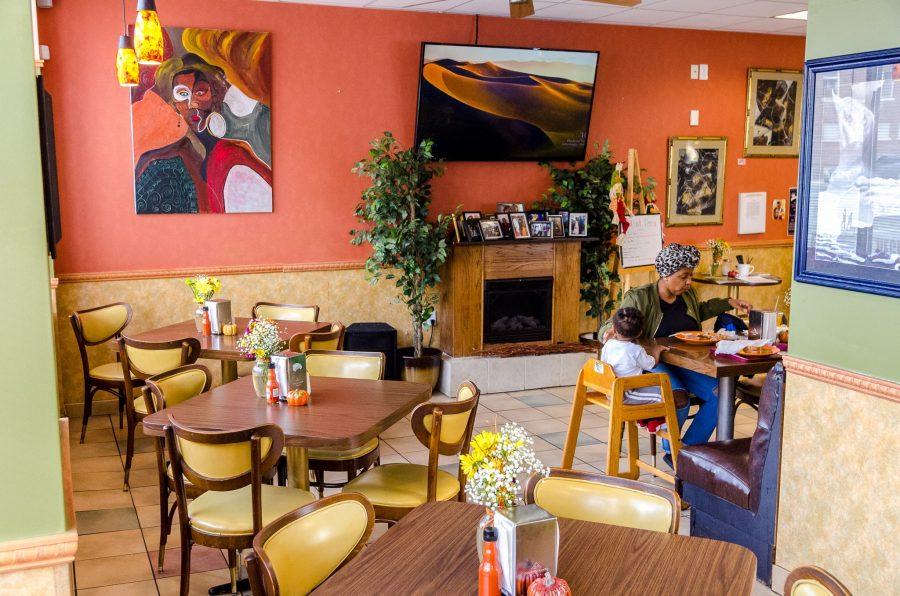 When Wellpoint CEO Angela Braly spoke on campus last month, students lined Wisconsin Avenue and Westowne Mall to protest.
When Wellpoint CEO Angela Braly spoke on campus last month, students lined Wisconsin Avenue and Westowne Mall to protest.
Members of student organization JUSTICE believed the health insurance company’s practices weren’t aligned with Marquette’s Jesuit principles.
Today Saint Louis University was scheduled to host a speech by author and activist David Horowitz, who’s been described as a “radical conservative” and criticized for being anti-Muslim.
No plans were in place for students to protest. No outlet for those who wished to voice their dissent.
Is this a case of college student apathy at our fellow Jesuit university to the south?
No. It’s a case of an administration snuffing out those with opinions other than its own.
SLU officials caught wind of the College Republicans’ invitation to Horowitz and stepped in.
Assistant Vice President and Dean of Students Scott Smith said the cancellation of Horowitz’s speech was due to its “content, particularly the use of the term ‘Islamo-fascism.’”
Horowitz said there was a misconception on SLU’s part regarding his speech’s subject matter. He said he doesn’t claim all Muslims are fascist, and that he defends Muslims, especially women.
SLU maintains it didn’t “ban” Horowitz, and that they were just being cautious to avoid “attacking another faith and seeking to cause derision on campus,” the university said in a statement.
At this point, it doesn’t matter how or why SLU decided against having Horowitz.
By barring Horowitz from speaking, SLU opened itself to wide-ranging criticism across academia.
The American Association of University Professors harshly condemned the university.
“Now that Saint Louis University has canceled a scheduled October speech by conservative activist David Horowitz, it joins the small group of campuses that are universities in name only,” wrote Association President Cary Nelson in a statement.
Some criticized Marquette for welcoming Braly to campus. I thought the protesters — and the conflict — were overdramatic.
But I’ll happily take the discourse over the alternative, which is no discourse at all.
SLU should be ashamed of censoring those it allows to speak at the school. Learning environments are supposed to encourage discourse and debate, not wipe them out.
SLU didn’t have to make that decision. It’s within a university’s rights to invite a speaker to come to campus and state its own opinion as different from the speaker’s. An invitation to speak isn’t an endorsement.
I commend Marquette for sticking to its guns and staying nondiscriminatory in differences of opinion.
It’s unreasonable to believe everyone is going to agree with speakers who come to events like this.
Welcoming a controversial speaker to campus is a difficult decision. Knowing the backlash is imminent makes it easier to preemptively cancel the speech and conflict before it happens.
Marquette didn’t take the easy route. Braly was allowed and demonstrators protested. The university dealt with the issue in an admirable manner.
Dissenting opinion, while remaining civil, is a cornerstone to human advancement.
Any entity — a school, government, family, company — flourishes under the free exchange of ideas.
Expressing opinion in an orderly, non-fanatic manner is conducive to growth. This is no truer than at a university.
It’s becoming increasingly difficult to have intelligent discussions and debates without devolving into disrespectful hate-spewing.
So kudos to Marquette for permitting controversial speakers, letting students think for themselves and allowing students and faculty the opportunity to voice their opinions.





St. Louis Web Design • Nov 8, 2009 at 8:01 pm
Great articles & a nice site